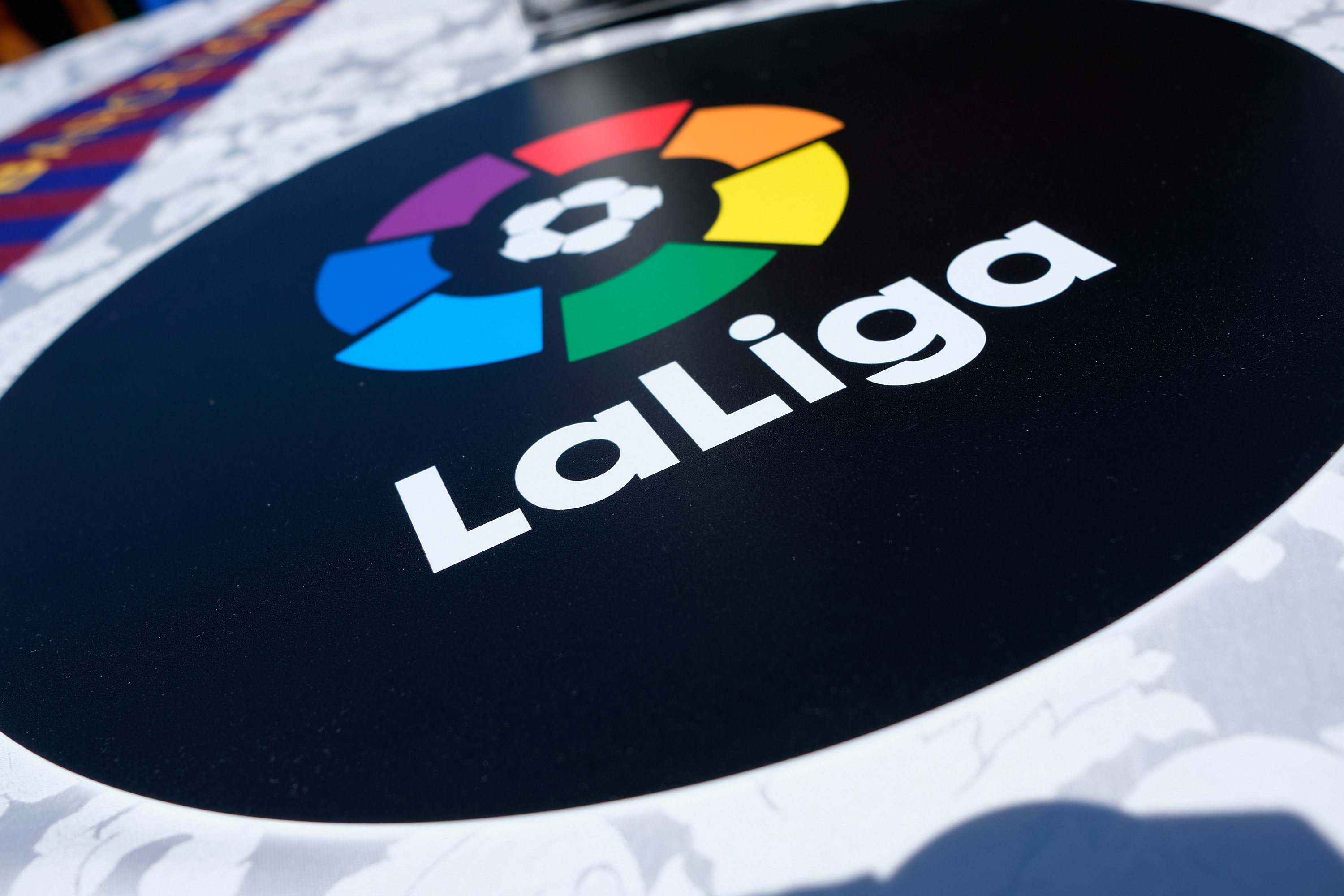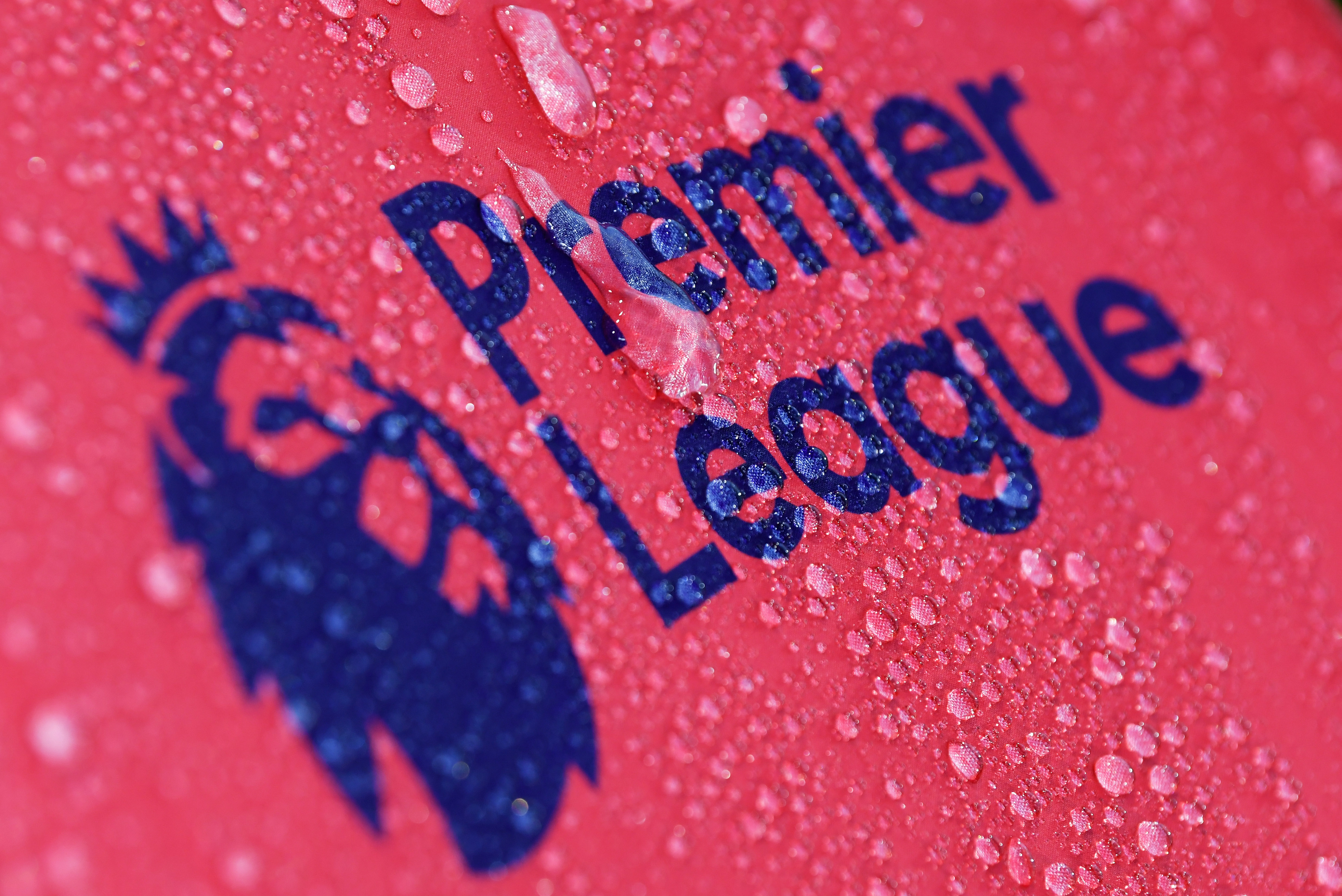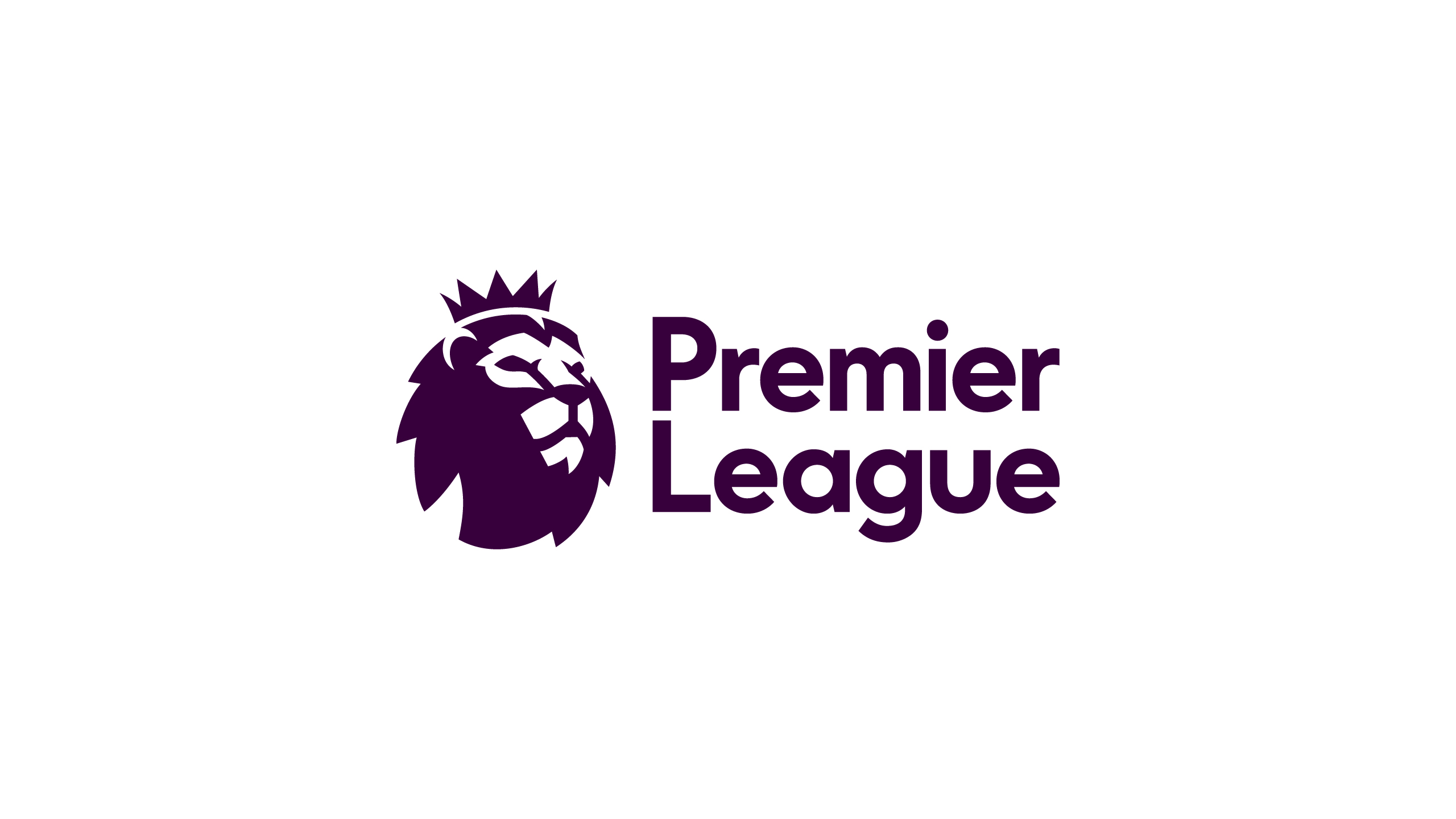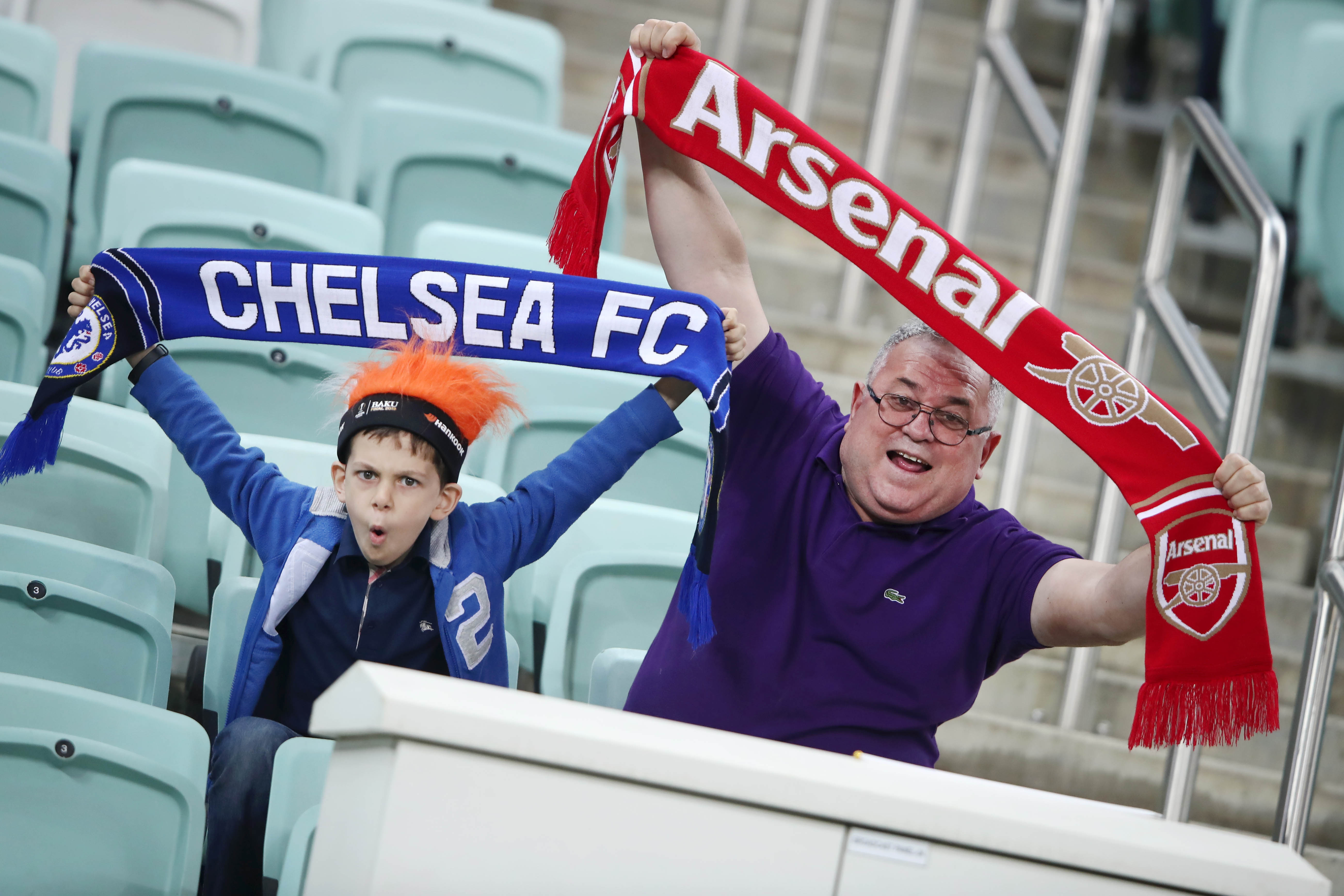Fabio Grosso realized the unparalleled greatness of the occasion he was witnessing when he faced Fabien Barthez guarding the French goal on ‘that’ night in Berlin. Sticking to the usual, he relied on sheer power and executed the shot with utmost composure, focus and precision to ensure the demolition of French dreams as Raymond Domenech remained stumbled in despair. The other dugout led by Marcelo Lippi was immediately spurred with undiscovered rejuvenation as the most elusive trophy a practitioner of the beautiful game dreams of was coming back to Italy after a gap of 24 long years.
One man who chose to remain unmoved near the sidelines was the captain of Italy’s national team. Soon after Grosso’s efforts, he let the emotional eruption take over all sorts of maturity and dissolved into the bursts of joy all around. The very same man, who led the team ‘from the back’ and with his unprecedented industrious efforts during the seven games, inspired the entire unit to unlimit themselves and excel beyond expectations.
Fabio Cannavaro, the name of the man, got imprinted forever in the most glorified gospels of football, as he lifted the seductive trophy in front of capacity crowd at Olympiastadion in Berlin. The date, 9th July, 2006, left an everlasting impression in the football memoirs of Italy and quite unequivocally, Cannavaro reached to greater heights of being a legend.
The moment was great enough for everyone to momentarily ignore the turbulence that had emerged back in Italian club football but it was only a matter of time for everyone to learn things the hard way as Cannavaro chose to part ways with Juventus – who were sentenced to serve their time in lesser leagues – to join hands with Spanish giants Real Madrid. Though the transition period did not go smoothly enough for the defender, he managed to bag the highest individual award in football winning the Ballon d’Or of the year for 2006. He became only the fourth defensive player in the history after Lev Yashin, Mathias Sammer and Franz Beckenbauer to be honoured by French Football.

Fast forward five years and the 9th day of the month of July happened to be the culmination point of a highly illustrious career that spanned over a couple of decades. Owing to the rather annoying love affair with an unending spell of injuries, the champion finally decided to call it a day and as fate would have it, the very same date that earned him the highest pedestal in his professional career marked the end of his playing days.
“I’m very sad. Football is everything for me in my life.”
“It’s not a simple thing. Everyone says it has to come. But when it comes, it’s a decision you have to face. I came back to Dubai to continue training. Unfortunately, the medical examiner didn’t permit me to continue.”
Perhaps, the turmoil that Italian football underwent during the Calciopoli era was too immense even for a newly-crowned bunch of world champions to stabilize the turbulence and mean business straightaway. However, despite the much apparent hassles back home, Cannavaro fared reasonably well in Spain winning the domestic league with Spain’s most decorated club under the tutelage of compatriot Fabio Capello. Donning the number 5 jersey, once sported by the recently, rather controversially, retired French legend Zinedine Zidane, the Italian skipper slowly and steadily, but surely, gelled into the setup and formed a formidable defensive line in two seasons’ time alongside the likes of Pepe, Sergio Ramos and Gabriel Heinze.
The summer of 2007 was the time when the ‘real’ Cannavaro retired. For the remainder of his career, he was a plain shadow of the player he used to be during his prime. His second season at the Spanish capital too remained an eventful one as Los Blancos defended their league title but signs of the Italian fading away from his usual self could not have been more apparent. The European ambitions of the club remained unfulfilled, as the ghost of the knockout round continued to haunt the team for the fourth time in succession. The domestic success during the two years too could arguably be attributed to the fact that it coincided with Ronaldinho’s downfall as a player which led to team Barcelona’s lousy two years.
However, as soon as a Pep Guardiola happened, Real Madrid were nowhere to be seen in Spain’s domestic arena and in Europe, they reduced themselves to a joke after being handed a 5-0 aggregate drubbing by Rafa Benitez’s Liverpool. Cannavaro, who was expected to orchestrate the entire defensive fold of the nine-time European champions, himself received few lessons on football by a certain Fernando Torres during the tie. The verdict was right there on the wall. Cannavaro was no longer a player an ambitious team could afford to build a team around and in the purview of establishing an assemblage of a neo-Galacticos generation, Real Madrid chose to do away with the defender by not renewing his contract.

The king’s return to the old lady of Turin was not exactly a dream reunion, as it was always going to be difficult for fans to again hold him into highest regard after his decision to quit from the sinking ship back in 2006. Contrary to the popular opinion though, he immediately reserved a starting place in the defensive setup, making a formidable looking partnership with Giorgio Chiellini. Juventus’ season, however, kept reaching greater miseries and their defence was exploited by even the most pedestrian of attacks in Italy, too many times. Not only did the team finish the league at a humiliating seventh position, they failed to advance past the group stages in Europe as well. Cannavaro was no longer the guy Juventus wanted to consider in their plans while rebuilding the squad and the Bianconerri chose not to further his contract.
The defensive shortcomings of the World Cup-winning captain were exposed aplenty at the international stage as well during the Confederations Cup in 2009 wherein Italy were eliminated from the very group stages, but national team coach Marcelo Lippi maintained his faith in the veteran champion when he finalised upon his 23-member squad for the World Cup extravaganza in 2010. What followed in the African safari was an eye-opener for everyone pertaining to Italian football. Cannavaro called it a day from international football and planned his retirement in the rich land of the Arabs, signing for the UAE club Al-Ahli Dubai. A two-year deal for a 36 year-old, virtually finished player appeared to be a little too far-fetched in the first place but the club had a lot to gain from the player’s humongous experience and his two occasional pearls of wisdom would do a world of good to the football in Middle East on the whole.
The Asian job majorly remained clouded by multiple injury spells and it was only a matter of time before every one realized he could no longer cope up with the demanding nature of the modern day game. There were rumours linking him to the newly-promoted London outfit Queens Park Rangers but nothing substantial could materialize. The highest capped Italian player of all time decided not to further damage his knees by taking the right call to hang up his boots rather than aggravating the physical troubles. Reports suggest the Dubai-based club still plans to acquire his services in capacity of a technical director but there have been no confirmations till now.
Cannavaro is, by all means, one of the greatest defenders ever to have graced the game and must be relishing at the prospect of remaining engaged to the sport in some role or the other. Though he has had some memorable years with big name clubs in Europe such as Inter, Juventus and Real Madrid, he has played some of his best football for Napoli and Parma – which are incidentally the two teams currently who have a lot to gain from somebody of his credentials.
Speculations over his immediate future shall serve no real purpose since in strong likelihood, he may prefer to stay aloof from the entire uproar for some months, seeking solace.
Talking about Fabio’s height is the same as talking about the fog in Milan. I have never felt that he is short when I play with him, because he can jump higher than anybody else. He is always good at heading. It doesn’t make any sense talking about Cannavaro like that.
– Alessandro Nesta, on Fabio Cannavaro’s height




